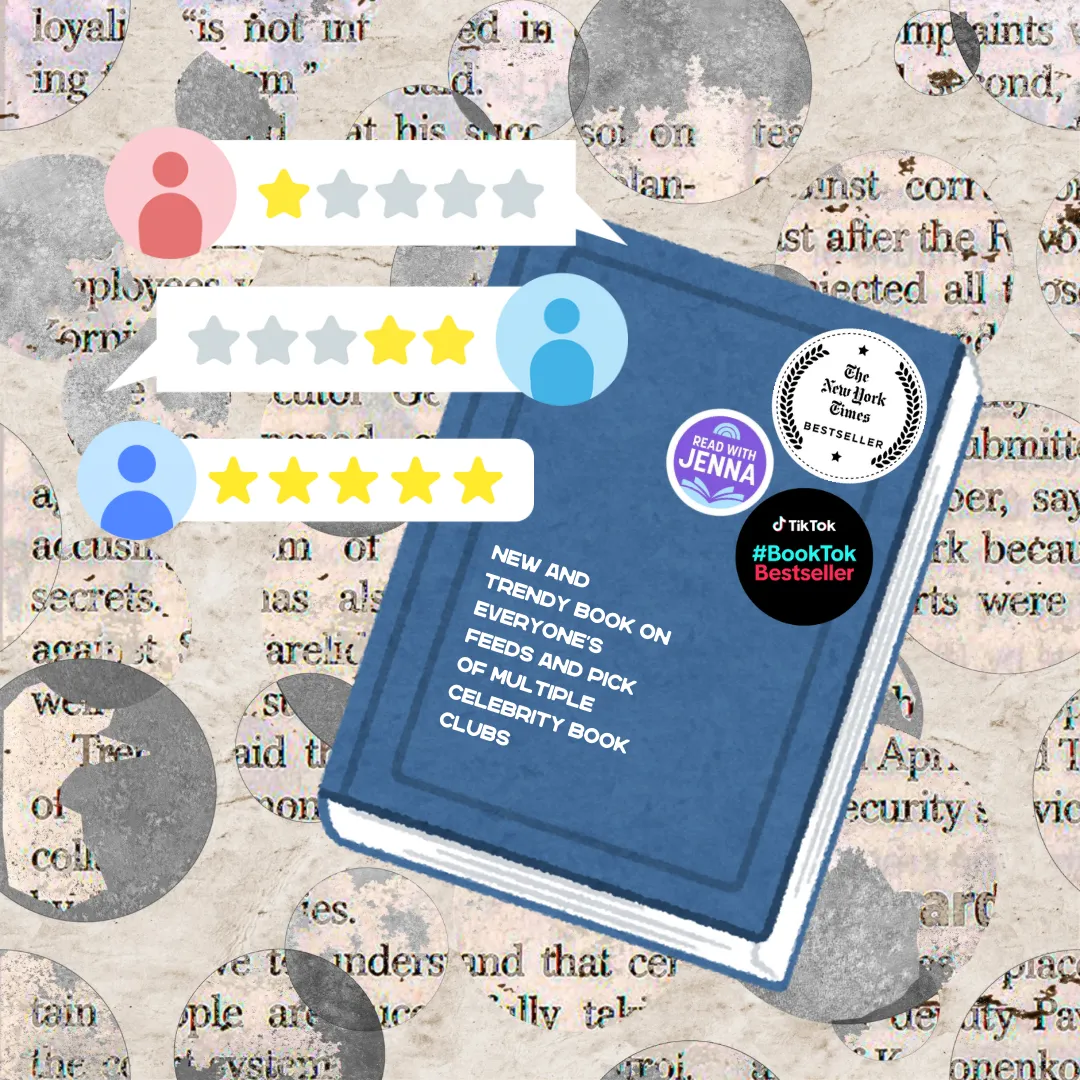Pakistan’s reading malaise is neither recent nor accidental; it is the outcome of deep structural failings that have steadily eroded the country’s intellectual life. At its root lie two forces — poverty and poor pedagogy — both of which conspire to make books alien to everyday life.
Despite constitutional guarantees and repeated education emergencies, about 26 million children aged five to sixteen remain out of school with pronounced gender disparity. No schooling means no literacy, and no literacy means low economic participation (amid declining real wages and rising unemployment), as well as a bleak situation for the reading culture. In such circumstances, the absence of public libraries, the high cost of newly printed books, and the near-collapse of independent bookstores — once accessible, community-based spaces that curated local literature and fostered reader-writer interaction — have only deepened readers’ alienation.
The malaise, though, is not just economic. It is pedagogical. Reading in Pakistan is introduced as a mechanical act, a means to pass exams, not as a form of discovery or delight. Only 23% of Pakistani students aged ten can read and understand an age-appropriate text — the second-highest rate of learning poverty in South Asia. This contrasts sharply with India’s 44%, Bangladesh’s 42% and Sri Lanka’s 85%. Even those in school spend an average of 3.6 years without learning, as per Country Ranking (LAYS), 2020. Girls lose an additional 0.6 years compared to boys, reinforcing gender-based exclusion in education and work. To make matters worse, the much-touted Single National Curriculum (SNC), later rebranded as the National Curriculum of Pakistan (NCP), which promised to bridge class divides, repackaged old dogmas. Reviews by educationists found its textbooks pedagogically weak and ideologically rigid, privileging conformity over curiosity.
The influence of a review is often indirect: it shapes which books get discussed, stocked, assigned in classrooms, or adapted for the screen. A single insightful review can keep a forgotten work in circulation or bring a new author into view. Reviews are less about immediate consumption and more about slow cultural shaping; about keeping literature in conversation with society.
When children fail to develop reading comprehension early on, they grow into adults who can read words but not ideas. For many, reading never moves beyond rote textbooks or social media snippets, leaving a wide range of intellectual thought out of reach, not for lack of curiosity, but because they were never taught to read deeply. The problem, then, is not only that Pakistan has too few readers or writers, but even fewer who engage critically with what they read. The crisis of reading is, then, in part, a crisis of reviewing.
The culture of criticism that once sustained literature has withered, leaving a landscape that consumes without reflection and writes without dialogue.
Book reviewing — once a vibrant feature of Pakistani newspapers and literary journals — has greatly diminished. Literary pages have shrunk from major dailies. Research shows a huge decline in the daily national Urdu newspaper’s attention to literature, as the size of literary content decreased by 37% from 13,824 cm in 2013 to 8,848 cm in 2018. The few reviews that survive are often perfunctory, functioning as press releases or polite summaries rather than rigorous critique. They serve marketing purposes, not intellectual ones. Academic journals, meanwhile, remain confined to specialists, inaccessible to the general reader. Publishers, meanwhile, offer little editorial or marketing support and rely heavily on individual authors. They have a narrow vision and rarely invest in publicity, international marketing, or review networks. In this vacuum, what little reviewing exists often becomes self-censoring: authors and reviewers operate within small, interdependent circles where honest criticism risks social alienation. The result is a courteous echo chamber: all praise, no pushback, where literature is domesticated rather than debated.
Yet, reviews matter far more than they are given credit for. They are the medium through which literature breathes in public life. Reviews mediate between writer and reader, contextualising a book within its political, historical and cultural moment. They help readers see literature not as ornament but as argument, as something that converses with the times. A robust reviewing culture raises the standard of writing by subjecting it to scrutiny. It cultivates taste, encourages reflection and expands the circle of readers who approach books critically rather than passively. In a country grappling with two monsters — millions of out-of-school children and poor classroom pedagogy — a vibrant reviewing culture can become an informal school of thought. Good reviews model critical reading and analytical thinking, skills our education system fails to nurture, and show that engagement with a text can be questioning and transformative rather than rote.
Despite shrinking spaces, a handful of critics continue to hold the line. Literary critics (off the top of my head) such as Taha Kehar, Ammar Ali Qureshi, Ilhan Niaz, Sarah Danial, Mariam Tahir Butt, Rana Saadullah Khan and many more persist in publishing thoughtful, informed reviews that situate books in wider contexts. Their work — often limited to digital outlets or weekend magazines — keeps the tradition alive, however faintly. But the scale is small and the platforms scattered. Without institutional support, such efforts remain labours of love rather than part of a sustained literary ecosystem.
If formal reviewing has receded from print, both in quality and quantity, it has re-emerged, in altered form, online. The rise of Bookstagrammers — Instagram accounts dedicated to reading and reviewing — has opened new, democratised spaces for literary discussion. Young reviewers post short reflections and aesthetically curated takes, often set to music, drawing in audiences unfamiliar with conventional criticism. Though informal, these spaces have reintroduced the pleasure of reading as a social experience. Bookstagrammers — such as, off the top of my head, Faraea Khattak (@faraeanic), Kashaf Aamir (@kashafreads), and Ayza (@ayzonbooks) — unlike academic critics, speak conversationally and, ergo, build communities rather than hierarchies. It now functions as modern word-of-mouth, blending personal and literary content. As Forbes notes, these accounts help generate buzz by repeatedly showcasing books, creating the appearance of high demand.
However, this digital renaissance is not without tensions. The immediacy and aesthetic appeal of online book culture sometimes come at the expense of depth. Reviews risk becoming mood boards rather than analyses, with visual curation overshadowing textual engagement. Quality can also be compromised: some reviewers feel pressured to post positive reviews to gain followers or boost their accounts, while free PR packages from publishers/authors can further influence the objectivity of reviews.
Other platforms like TikTok (subcommunity: BookTok), which I haven’t explored much, amplify this ambivalence further. While they have indisputably increased book sales, the algorithm often rewards sensationalism over substance, pushing formulaic romance or fantasy over literary experimentation. The question remains whether this is a service to literacy or a commodification of it. Perhaps both. Yet, even these imperfect spaces are preferable to silence; they at least restore reading to visibility in a country where it had all but disappeared from public life.
Reviving book reviewing in Pakistan is an act of cultural repair. It is a way to restore the publicness of reading: to make literature part of everyday conversation rather than private consumption.
Some may argue that few Pakistanis read reviews at all — those readers choose books by reputation or word of mouth rather than critical endorsement. Many read the classics for cultural capital or gravitate toward sensational contemporary works. Maybe the audience for reviews is too small to matter. But this misunderstands their function. The influence of a review is often indirect: it shapes which books get discussed, stocked, assigned in classrooms, or adapted for the screen. A single insightful review can keep a forgotten work in circulation or bring a new author into view. Reviews are less about immediate consumption and more about slow cultural shaping; about keeping literature in conversation with society.
Reviving this culture requires deliberate effort, beyond the foundational challenges of Pakistan’s human development (focused on people rather than just fiscal or current account numbers) and the education sector, without structural changes in which little else can succeed. Newspapers and magazines must reopen their literary pages and commit space to serious, independent criticism. Universities can collaborate with media houses to publish regular review columns written by students and faculty. Literary prizes could recognise outstanding reviews alongside fiction and poetry, offering visibility and mentorship to emerging critics. Review-writing should become part of creative writing and literature curricula, teaching students to read not only for content, but for craft and argument. Translating reviews between Urdu, English and regional languages would bridge literary publics currently divided by language. Digital archives dedicated to Pakistani writing — searchable and interactive — could make reviews discoverable to a wider audience and preserve them as part of cultural memory.
Reviving book reviewing in Pakistan is an act of cultural repair. It is a way to restore the publicness of reading: to make literature part of everyday conversation rather than private consumption. Reviews are manifestations of intellectual citizenship — they insist that books matter, that ideas deserve scrutiny, that words can still shape worlds. When readers, writers and reviewers begin to re-engage critically, they reinstate a continuum of thinking and imagining that is vital to any democratic society. In that sense, book reviewers are not just commentators but catalysts, nudging a dormant culture back into motion, one thoughtful review, one curious reader at a time.





